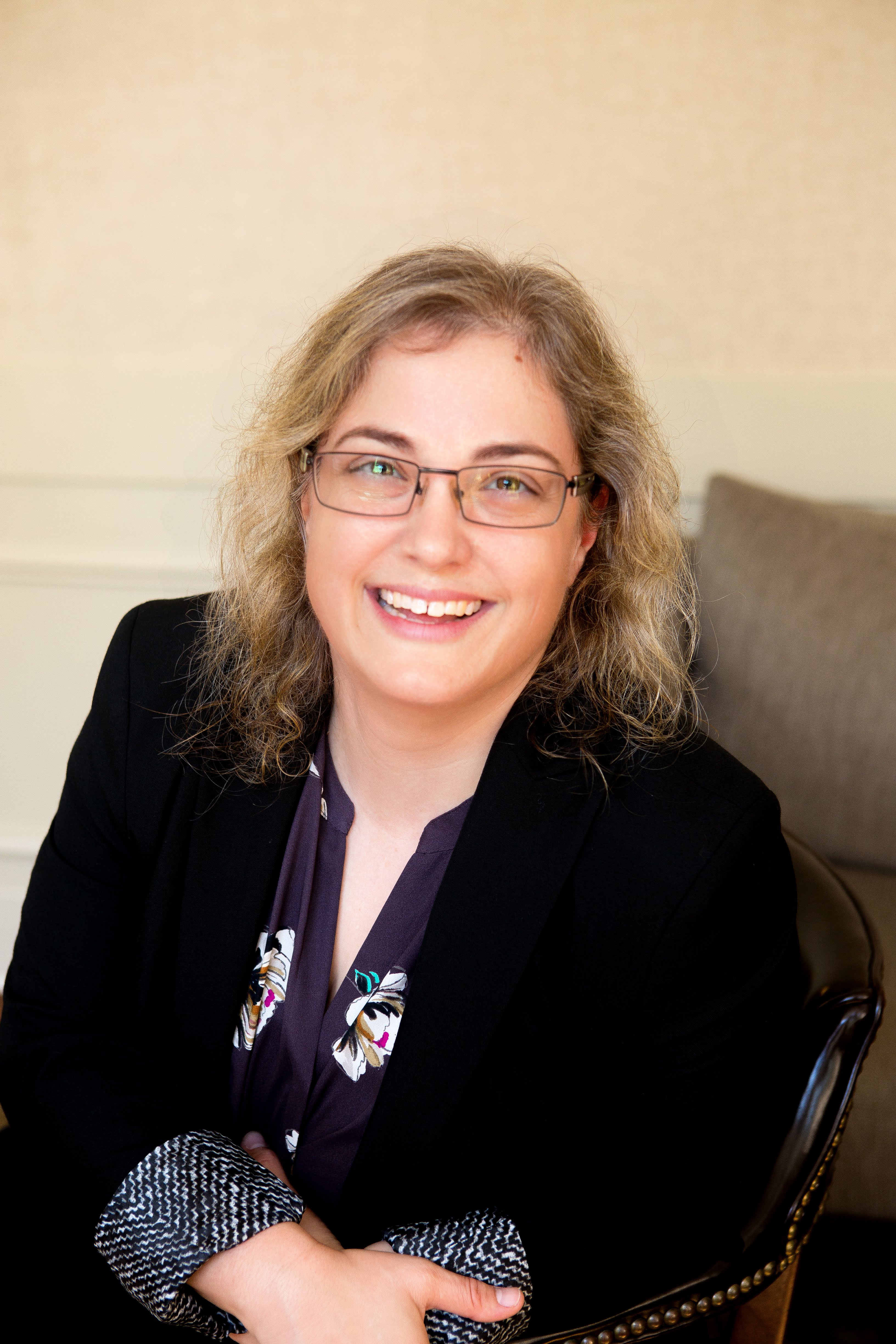
Research
Localized protein synthesis provides a means for the distal processes of a neuron to rapidly and autonomously respond to its environment. Although the capability of dendrites to locally synthesize new proteins has been well studied, it had long been believed that mRNAs and protein translation machinery were actively excluded from axons. The prevailing dogma was that all axonal protein was derived from the cell body and that the axonal compartment was translationally incompetent. The majority of our early work focused on identifying transcripts that could localize into regenerating axons of sensory neurons and thus become available for local translation. These studies lead to the identification of a complex population of axonal mRNAs, hinting at a diversity of functional roles for locally synthesized axonal proteins. We are currently focused on how aberrant axonal mRNA transport and local protein synthesis contribute to chronic pain states, peripheral neuropathy, and failure of neuromuscular junctions. The main objective of our research is to understand how axonal protein synthesis contributes to neural regeneration/repair, and how failure of this normal biological process can contribute to neuronal pathophysiology.
Current Projects:
- Targeting misregulated ion channels to attenuate neuropathic pain.
- Local translation at the neuromuscular junction.
- Altered axonal RNA localization in diabetic peripheral neuropathy.
- Targeting microtubule post translational modifications to improve axonal transport and stability.
Bio
Willis earned her bachelor’s degree in biology from the University of Pittsburgh in 1994 and her Ph.D. in Molecular Biology and Genetics from the University of Delaware in 2002. She went on to do a Postodoctoral Fellowship under the mentorship of Jeffery Twiss at Nemours Biomedical Research at Aldfred I. duPont Hospital for Children. She joined the Burke Neurological Institute in 2010.
Distinctions:
- Associate Editor in Neurobiology of Disease, Journal of Neuroscience (2012 – 2019)
- Associate Director of Burke Neurological Institute (2018 – present) Chair, NST-2 study section (2021 – present)
Selected Publications:
Jones JI, Costa CJ, Cooney C, Goldberg DC, Ponticiello M, Cohen MW, Mellado W, Ma TC, Willis DE (2021). Failure to Upregulate the RNA Binding Protein ZBP After Injury Leads to Impaired Regeneration in a Rodent Model of Diabetic Peripheral Neuropathy. Front Mol Neurosci. 14:728163. PMC8688773.
Tibbs GR, Uprety R, Warren JD, Beyer NP, Joyce RL, Ferrer MA, Mellado W, Wong VSC, Goldberg DC, Cohen MW, Costa CJ, Li Z, Zhang G, Dephoure NE, Barman DN, Sun D, Ing.lfsson HI, Sauve AA, Willis DE*, Goldstein PA* (2023). An anchor-tether 'hindered' HCN1 inhibitor is antihyperalgesic in a rat spared nerve injury neuropathic pain model. Br J Anaesth. 131(4):745-763. PMID: 37567808. *denotes co-senior, corresponding authors.
